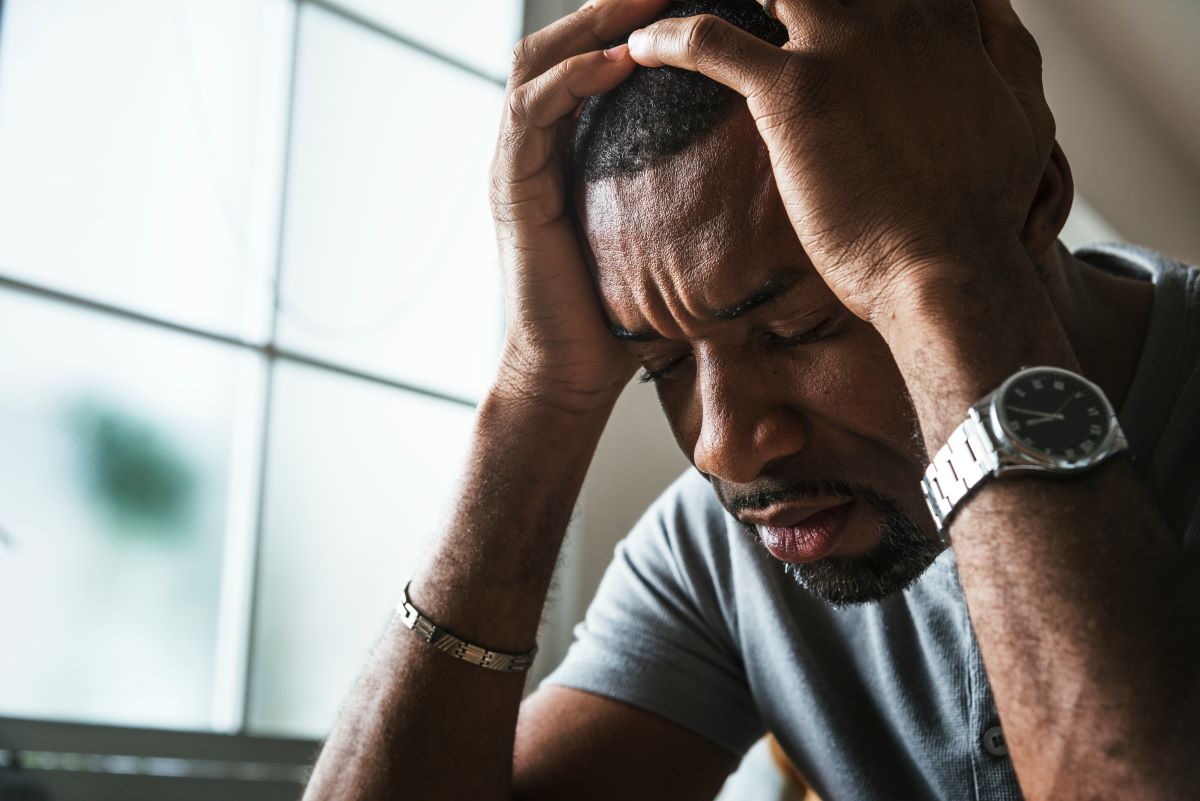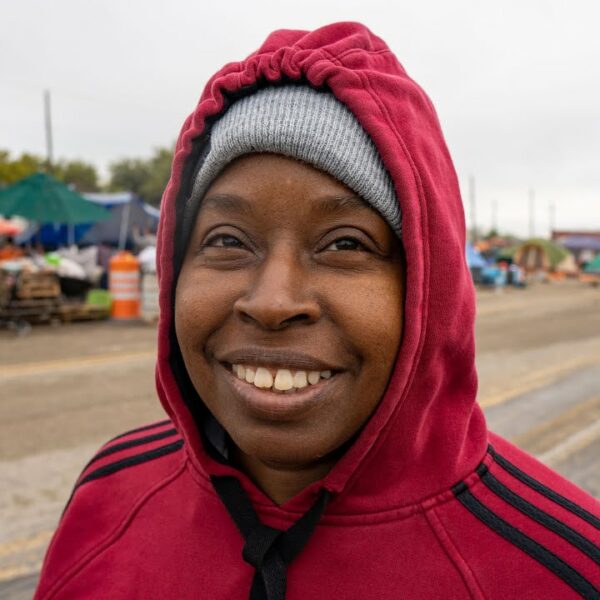African American men are disproportionately impacted by homelessness, a testament to a long and jagged past. Very little information is available on this subject matter, implying that it is worth a deeper dive. Read on to learn how things like poverty, redlining, gender bias, and the school-to-prison pipeline have created this shameful national secret.
African Americans Endure Homelessness at More than Three times the Rate of Their Population
According to the Substance Abuse and Mental Health Services Administration, close to four out of every ten homeless individuals are African American, even though this group makes up just 13% of the US population. When the representation rate of a group of people in a specific category vastly exceeds their representation rate within the general population, this is called overrepresentation.
It is a well-known fact that African Americans are overrepresented in the struggle of homelessness and that this is the result of centuries of oppressive legislation being strategically implemented to keep them in this position. Some of the most notorious factors include:
- Segregation
- Redlining
- Jim Crow laws
- The horrifying effects of chattel slavery
- Housing discrimination
- Overcriminalization
- Social and cultural stigmas
- Lack of access to resources including but not limited to healthcare, education, nutrition, and more
While some of the systemically oppressive legislation mentioned above was drafted decades ago, these laws were explicitly designed to have adverse effects that lasted for generations. Given this knowledge, it should come as no surprise that African Americans continue to suffer as a result. That was the goal when the legislation was drafted.
Men Are Overrepresented in the General Homeless Population and Also in the Unsheltered Homeless Population
Here is a lesser-known statistic that might take you by surprise. Men are also overrepresented in the homeless population. Men, in general, account for 49.5% of the US population. However, they represent at least 60% of all homeless people.
Furthermore, a whopping 92% of all unsheltered homeless individuals (unsheltered, meaning living outside or in spaces unfit for human habitation as opposed to being homeless indoors in a place like a homeless shelter or subsidized hotel) are men.
If you really scrutinize this data, it’s easy to see that men are becoming homeless more often, and they are receiving homeless services (such as beds in local homeless shelters or emergency accommodations) less often.
Unsheltered homeless people, who are primarily men, are simultaneously the most visible and the most criminalized of all members of the homeless population. Given the fact that males and African Americans are both overrepresented in the homeless population, it is easy to conclude that homelessness is disproportionately affecting African American males. However, there is very little information circulating on this subject matter.
This is quite telling because databases do not reflect coincidences. They reflect priorities.
If the general public were gravely concerned about the status of homeless men in general, and homeless African American men especially, there would be more research, more services, and more of a legislative shift to even the playing field in this regard. Instead, we are seeing an influx in homeless services that cater to other populations, often excluding men entirely.
This is an extension of the growing trend of misandry, defined as the “dislike of, contempt for, or ingrained prejudice against men.”
Much like the hatred of the homeless community, misandry is given a space to permeate and grow online, often undisturbed because of the preconceived notion that its target is somehow more violent and less deserving of sympathy.
This unchecked hatred can show itself in everything from microaggressions like making derogatory comments to outright violence and even murder. For more on this, reflect on the murder of Jordan Neely, a homeless African American male who was strangled to death on a public subway while other passengers were present.
African American Males Are Excluded from Education, Often as Young Children, Via a Racist and Unforgiving Public School System
African American boys are statistically more likely to be harshly disciplined in school. Did you know that while African American males account for just 6.8% of the US population, 50% of all expelled students nationwide are African American boys?
Studies suggest that many adults, including teachers and principals, perceive African American boys as much older than they actually are and, therefore, treat them as if they are less innocent. This level of exclusion from the education system plays a massive role in the fact that African American men are enduring homelessness at unfathomable rates.
“In my experience while working in schools, I find that this strictness hardens young African American boys at an early age, and it even deters them from seeking higher education,” said Bruce Anthony Lockett, a former Philadelphia educator and current adolescent crisis specialist. “We see things in public schools like the fact that African American males are typically only receiving negative attention. Sometimes, this decreases their overall school attendance and entices them to indulge in negative activities outside school grounds.”
“One of the biggest issues young African American boys face is over-policing in the public school system. The school-to-prison pipeline is very much alive and well,” Bruce explained. “We see how some policies were put into action in the early nineties, such as gun control acts, which allowed schools to install metal detectors and essentially treat little children like caged animals. These kinds of acts were allegedly in reaction to violence in the school system in regards to guns.”
“However, statistics suggest that African American males were not the primary carriers of handguns in public schools during this time,” Bruce continued. “I feel as though a lot of these seemingly precautionary measures backfired, serving as precursors to the No Child Left Behind Act, which we see that has really crippled public school systems across the United States by pushing students through the educational system without ever identifying educational concerns such as reading and math levels.”
Talk to Your Legislators about the Roles of Racism and Discrimination in Perpetuating Homelessness
There is no reason why anyone should have to live outside on the street in one of the wealthiest nations history has ever seen. Please talk to your legislators about acknowledging the underlying prejudices that continue to feed the system and perpetuate homelessness and to act in the best interest of all people across the nation and around the globe.












